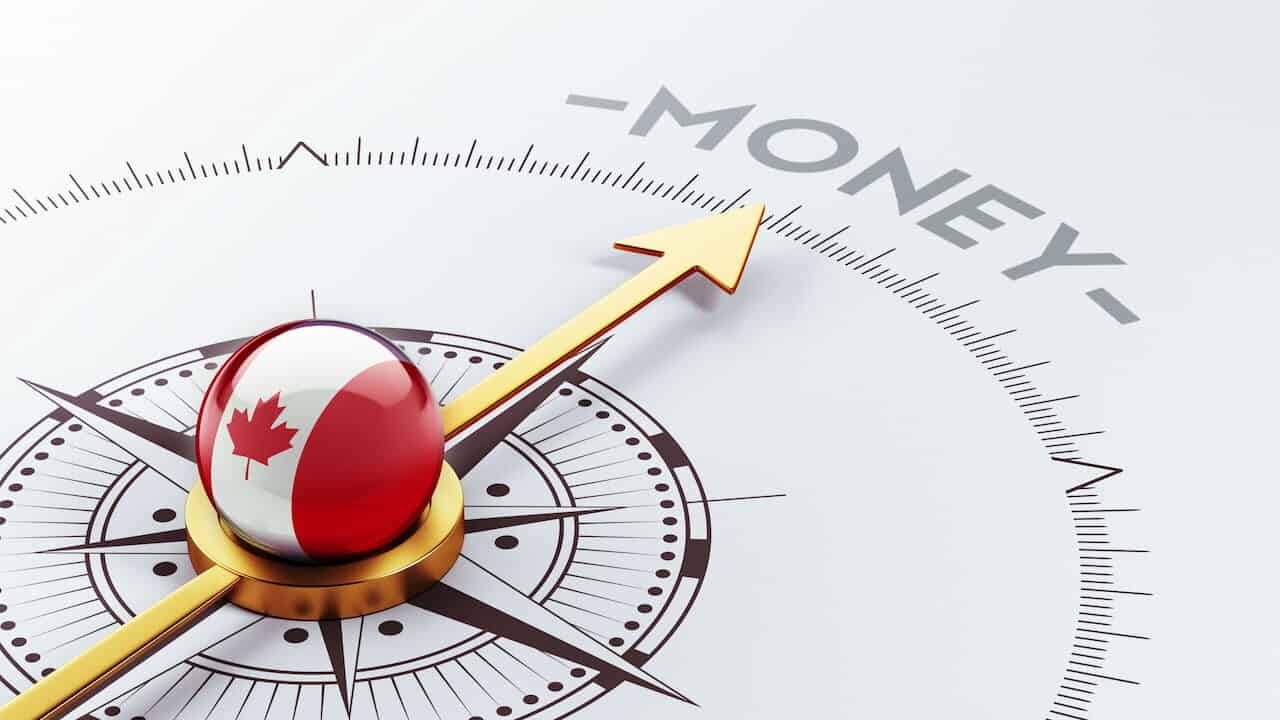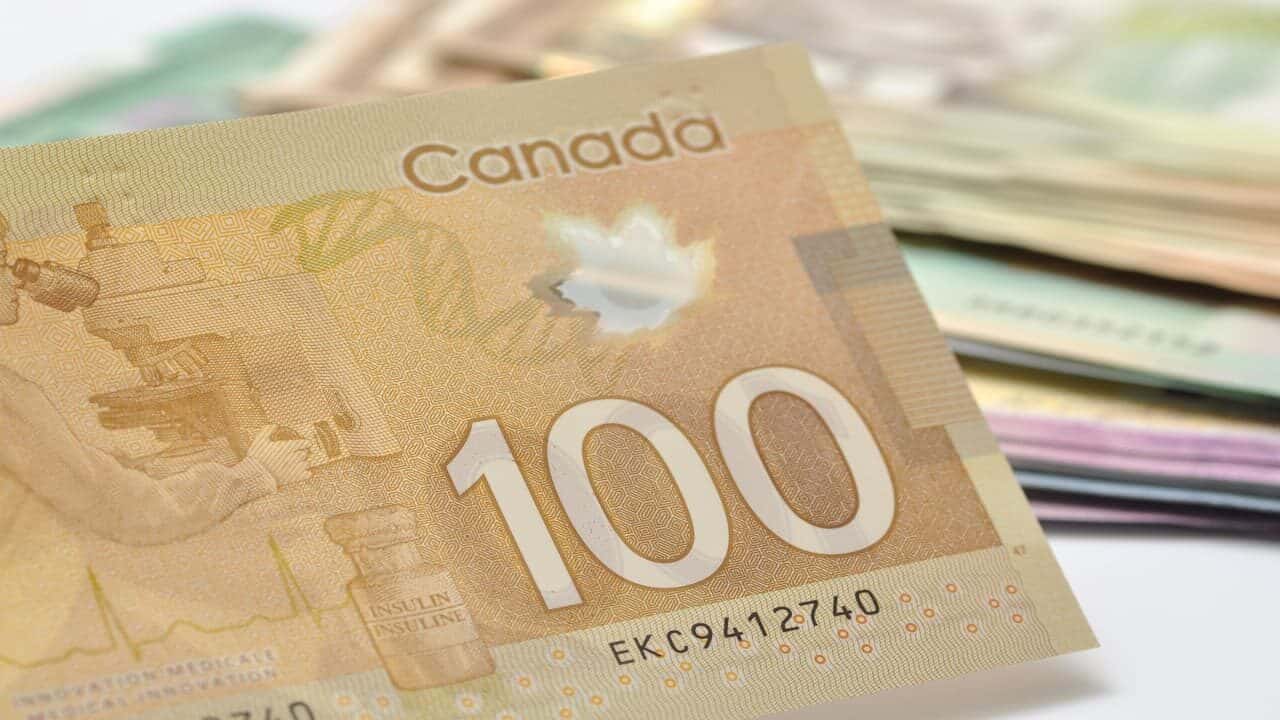Introduction
2.2 million people in Canada do not have a bank account. Known as the ‘unbanked’, these individuals don’t have a savings or chequing account and only use cash to make payments. If an ‘unbanked’ individual needs a loan, not having a banking account means they would need to obtain credit from an alternative lender.
There are many reasons why some individuals choose not to use a bank account. It may be that they don’t want to worry about paying a monthly fee on their account. They may also not want to be responsible for other fees, such as an overdraft fee or transfer fees.
Other people choose not to entrust their money to banks or financial institutions and would instead rather revert to a time when banking did not exist and cash was the norm. It may also be that an individual is unable to get a bank account. This could be because they are not a Canadian resident or do not have the correct ID.
It is possible for a consumer in Canada to be financially secure without using modern-day banking. Many personal payments can be made with cash and even monthly bills, such as rent, may not always require a banking account. It is even possible to access credit by using alternative credit providers who can supply your loan or credit in cash or with a cheque.
Should you decide to open a bank account after all, we explained how to open a bank account in Canada.
One key issue for those who do not have a bank account is how to deposit their personal cheques and access their money. It may not be as simple as going to an ATM or the branch of a bank or financial institution, and there may be other factors to consider.
Today, we are going to look at how to cash cheques without a bank account in Canada. We will also cover any associated cost and how long it may take you to access your money.
How to Cash a Cheque Without a Bank Account
Many different payments are made using cheques in Canada, including paycheques. You may also receive a Government of Canada cheque for federal payments such as income tax refunds and child benefits.
If your cheque has been issued by the Government of Canada, you have the right to deposit that cheque at any bank, even if you do not have an account with them. You simply need to visit a branch that has a teller and you can deposit your cheque for free. However, you must ensure the cheque is below $1,500. You must also ensure the paper is not damaged in any way and that you have two acceptable pieces of ID.
If you cannot deposit your cheque at a bank, you do have several other options available to you.
You could choose to cash your cheque at an alternative business or company, such as a cash advance store, a loan provider or an instant cheque cashing company. Keep in mind that a cheque deposited in this way is likely to have attached fees.
Should you need to void a cheque for any reason, we explained how to write a void cheque properly.
How to Cash a Cheque Without an ID
Most banks and financial institutions will require at least one form of ID when you cash a cheque. Your ID will likely need to have your photograph and your signature on it.
Accepted IDs may include, but are not limited to:
- Passport
- Driving License
- Government-issued identification card
- Canadian citizenship card
- Permanent resident card
- Health card
You may also be required to show your debit card.
If you do not possess an acceptable form of ID, you may find that you are unable to deposit your cheque at some banks and financial institutions.
In this situation, you may have to cash your cheque at an alternative financial provider, such as:
- A cash advance store – Many cash advance stores will require ID, but the guidelines are likely to be less stringent. This means a form of ID without your photograph on it may be accepted.
- A private lending company – A private lending company often provides an option to cash a cheque even if you have no ID. However, this is likely to be more expensive.
You could also ask somebody that you trust to deposit the cheque for you. This is known as a third-party cheque. You will need to endorse the cheque by signing it over to another person. The bank may require verification that the person to whom the cheque was originally intended for has authorized it to be signed over to the third party.
Instant Cheque Cashing Services in Canada
An instant cheque cashing service can be a great option for those who do not have personal bank accounts. Many instant cheque cashing services offer access to your funds without any holds on your money. They usually offer fairly low fees. You are also not required to have a good credit rating.
There are several different options for instant cheque cashing in Canada, including:
- Cash 4 You
This offers the opportunity to cash your cheque in just a few minutes. They have more than 100 stores across Canada and will cash any number of cheques of any value. They offer a ‘search’ option on their site to help you find your nearest branch. This system is not free, but ‘Cash 4 You’ boasts low fees and no hold times.
- Cash Money
Cash Money has been cashing cheques in Canada since 1992. They have many branches across Canada, many of which are open late and on the weekend. This company cashes cheques of any amount with no holding time. You can search for your closest branch on their site. Cash Money offers a cheque cashing rate of 2.99%, plus $2.99 per cheque.
- Cash ‘ur’ Cheque
Cash ‘ur’ Cheque is a payday lender and loan provider in Ontario. Their site offers many additional tools, for example, money transfers, currency exchange and loans. They can cash both personal cheques and business cheques. They offer a cashing rate of 1.99% and provide your funds instantly.

5 Ways to Cash a Cheque Without a Bank Account
- Visit the issuing bank – If you need to cash a cheque from your payroll or an individual who is a customer of the issuing bank, many branches will provide you with the money, even if you are not a customer yourself. This is because the issuing bank can verify the cheque more easily and check that the payer’s account has the necessary funds. They will likely ask you to provide your ID and may charge a small fee.
- Use a pre-paid card – A pre-paid debit card can be used to make a direct deposit and for purchases in-store and sometimes online. Some banks allow you to cash your cheque at their ATM and the money can be trasnferred directly onto your card. Keep in mind that you may have to pay a fee for every cheque you deposit onto a pre-paid card.
- Endorse it to a friend – If you have a trusted friend or family member who has a bank account, you have the option of endorsing the cheque to them. This involves signing the back of the cheque and writing instructions to deposit the cheque into their account. Once the cheque has been endorsed and deposited, your friend can then withdraw the money and give it to you. This should only be done as a last resort or if you trust the individual as you are effectively signing the money over to them.
- Cash your cheque at a retailer – Some big retailers will offer a cheque cashing service on-site. This is likely to cost a small fee, which will vary depending on the retailer you choose. There may be a limit on the value of the cheque and you can usually only cash cheques below $1,000.
- A cash advance store – These stores will cash your cheque immediately. You will need to pay fees to use these services. These fees usually include a percentage of the total amount (usually 3%), as well as a $3 flat fee per cheque. In order to receive the payment, you need to sign the back of the cheque.
Can I Cash a Cheque (<$100) Without a Bank Account?
If you have a cheque that is less than $100, banks and financial institutions must provide you with the entire amount of the cheque immediately. This is applicable if you have deposited the cheque in person, at the bank or financial institution. You should deposit the cheque with a teller or an employee of the bank.
If you deposit the cheque in an alternative way, such as at an ATM or by using the mobile deposit cheque service, your funds must be made available to you on the next business day. Keep in mind that a mobile deposit service usually requires a banking account.
If your cheque is over $100, you can expect the first $100 to be made available to you immediately. The remainder of the balance can be held by the bank or financial institution for up to four business days if that value is lower than $1500. If the cheque is above $1500, the first $100 will be available immediately and the remainder of the cheque can be held for up to seven business days.

The Bottom Line
Cashing a personal cheque is possible, even if you do not have a checking or savings account. A Government of Canada cheque, below $1,500, can be deposited at any Canadian bank for free – even if you do not have any accounts with that bank.
It may also be possible to cash a cheque with the issuing bank, even if you are not a customer. If you are unsure which bank issued the cheque, you can do a direct search of the serial numbers listed at the bottom of a paper cheque.
If using a bank or an ATM to deposit your cheque is not an option, you still have several options available to you. These may include instant cheque cashing businesses and cash advance stores. Although you are likely to be charged a fee for using these services, you are able to receive your funds instantly.